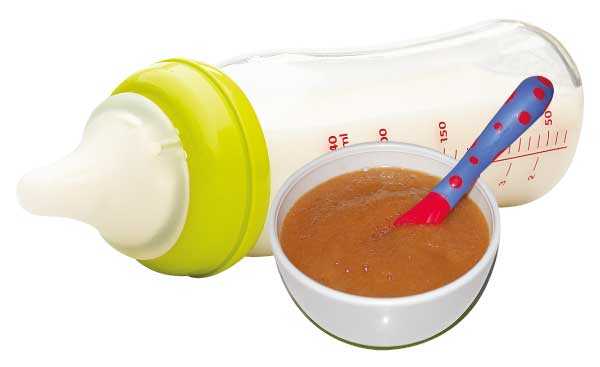5 Top tips for maintaining your baby’s food safety

It is said unsafe foods are tied to the deaths of nearly two million people around the globe annually, most of whom are children. Additionally, foods containing harmful bacteria, virus, parasites or chemical substances are responsible for more than 200 diseases ranging from diarrhoea to cancer.
These are the dire statistics released by the World Health Organisation (WHO) ahead of commemorating the World Health Day on April 7 whose theme this year is improving food safety.
Here are our top five doable and affordable tips on maintaining food safety for your baby to take note of as you observe this important day.
Wash, wash and wash: This is the fundamental rule for maintaining optimum health conditions. Use clean water to wash your hands before handling all foods and subsequently all the utensils to be used in preparing and serving baby’s food. Remember, infants and toddlers are most vulnerable to catching disease as they are still building their immunity.
Cook it with care: Ensure that all foods especially meats, are well cooked and at the right temperature. The same goes for vegetables and milk (especially if unpasteurised), if you are to maximise on their full nutritional value. Make sure that food is re-heated at the right temperature as cold foods can sometimes harbour harmful bacteria.
The cold facts: While preparing fresh food is always an added bonus, lots of moms opt to use small containers or ice cube trays to store large amounts of baby’s food in the freezer.
This is still okay and even more efficient depending on mom’s availability and baby’s feeding schedule. If you go the freezer way, note that the food can be well stored anywhere between a month (meats) and six months (pureed plain fruits, vegetables and breatsmilk).
As for the refrigerator, do not exceed the 48-hour storage rule for fruits and vegetables and 24 hours for foods containing meats and eggs otherwise you risk contamination. Note also that baby’s food should not be stored together with other products especially meats and sauces due to high risk of contamination.
Track it: Ensure that all of baby’s foods in the freezer are well labeled. That way, you know exactly what the components of the foods are and for how long they have been in storage. With this information you can work out a plan to clear them starting from oldest to latest.
Avoid baggage:Always ensure that when feeding your child, you scoop food from the original container to another dish and use another spoon altogether incase baby needs a re-fill.
This is to avoid contamination as saliva from the same spoon used to double dip between the containers increases the chances of bacterial and germ breeding. When feeding time is over, throw out anything that is left in the bowl. If there is food left in the jar, put the lid back on and store it in the refrigerator.
Published in January 2015




